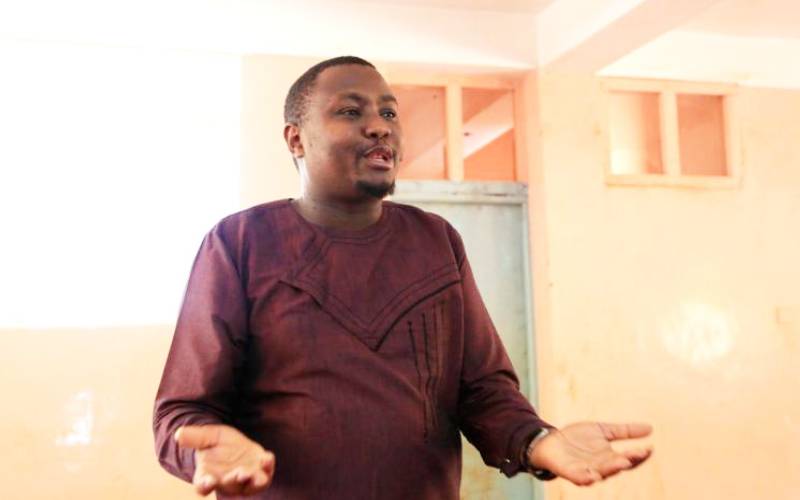×
The Standard e-Paper
Join Thousands Daily

Isaac Muthui, the chief executive of Church Blaze Group Limited, is feared to have conned people out of at least Sh2.7 billion.
Police are investigating a man calling himself pastor, but who is accused of conning thousands of Kenyans Sh2.7 billion under the guise of investment in a virtual currency scheme.